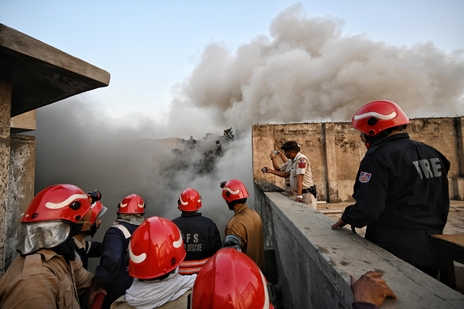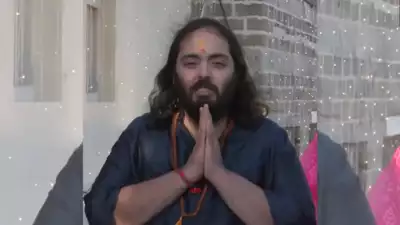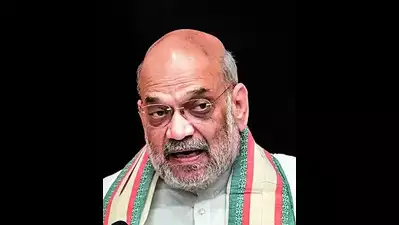NEW DELHI: A fire that broke out in the residential bungalow of Delhi High Court Judge Yashwant Varma led to the shocking discovery of a large pile of cash, sending ripples across judicial corridors and prompting the Supreme Court collegium, led by Chief Justice of India (CJI) Sanjiv Khanna, to order his immediate transfer to another high court.
Discovery of Cash After Fire Incident
Justice Varma was not in town when the fire erupted. His family members alerted the fire brigade and police. After the fire was extinguished, first responders discovered a substantial amount of cash in one of the rooms, raising suspicions that it was unaccounted for.
The local police informed their senior officials, who escalated the matter to top government authorities. The information was subsequently conveyed to CJI Khanna, who took a serious view of the situation and swiftly convened a collegium meeting to address the issue.
Collegium Orders Immediate Transfer
The collegium, after deliberation, unanimously decided to transfer Justice Varma to his parent high court, Allahabad High Court, where he had previously served before his transfer to the Delhi High Court in October 2021.
Debate Over Transfer vs. Removal
While the collegium agreed on the transfer, some members expressed concern that merely transferring Justice Varma might not suffice, given the seriousness of the situation. They argued that such a grave incident, if addressed only through a transfer, could damage the judiciary’s reputation and erode public trust.
These members advocated that Justice Varma should be asked to resign, and if he refused, the CJI should initiate an in-house inquiry—the first step toward possible removal by Parliament.
SC’s In-House Procedure for Dealing with Judicial Misconduct
As per the in-house procedure established by the Supreme Court in 1999 to handle allegations of corruption, misconduct, or impropriety against constitutional court judges, the CJI, upon receiving a complaint, seeks a response from the accused judge.
If the CJI is unsatisfied with the response or concludes that a deeper investigation is warranted, he can set up an in-house probe panel comprising:
- One Supreme Court judge
- Chief justices of two high courts
With the discovery of such a large sum of cash and the potential implications, further action beyond the transfer may be considered to safeguard the judiciary’s integrity and restore public confidence in the institution.




